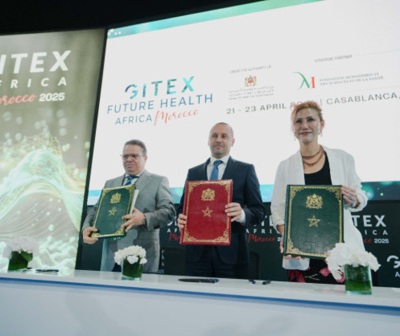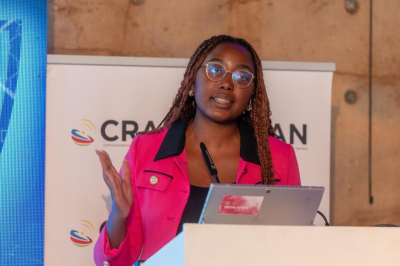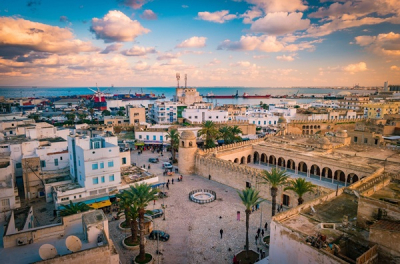The International Telecommunication Union considers broadband access to be an indicator of development. At a time when digitalization is accelerating in Africa, ensuring connectivity for the population is more than just an economic issue.
Repairs on the West African Cable System (WACS), South Africa Transit 3 (SAT3), and Africa Coast to Europe (ACE) submarine fiber optic cables, damaged in early August 2023, have been completed. The three high-speed telecoms infrastructures linking the west coast of Africa to Europe had been severed off the coast of the Democratic Republic of Congo following a rockfall in an underwater canyon. Repairs were carried out by the cable-laying vessel Léon Thévenin, which arrived in South Africa on August 21.
Openserve –the broadband Internet arm of South African telecoms group Telkom, which is also one of the members of the WACS and SAT3 cable consortium– confirmed the successful completion of the repairs on Wednesday, September 20.
“The completion of this work is good news for Internet users as this means that there is more available capacity and improved network resiliency," said Openserve.
Because of the break in the three undersea fiber optic cables, Internet service providers and consumers have been deprived of a total of 154.5 terabits per second (Tbps) of data capacity for over a month. That's 20 Tbps for the ACE system, which connects ten African countries; 120 Tbps for SAT3 and 14.5 Tbps for WACS, which together connect eleven African countries.
For some countries, such as Benin, Cameroon, and Côte d'Ivoire, which host all these cables, the inconvenience caused by the incident to telecoms infrastructures was somewhat more severe. However, the alternative solutions adopted by operators enabled Internet services to continue uninterrupted.
This is not the first time that the SAT3, WACS, or ACE cables have been damaged. In 2017 and 2020, the cables were severed, hampering business continuity in several countries. To remedy the situation once and for all, many countries are increasing their access to subsea systems, while others are opting for satellite technologies.
At a time when the United Nations considers the Internet to be a basic service capable of contributing to the achievement of the Sustainable Development Goals (SDGs), the diversification of connectivity sources is more than just an economic issue for African countries.
Samira Njoya



















